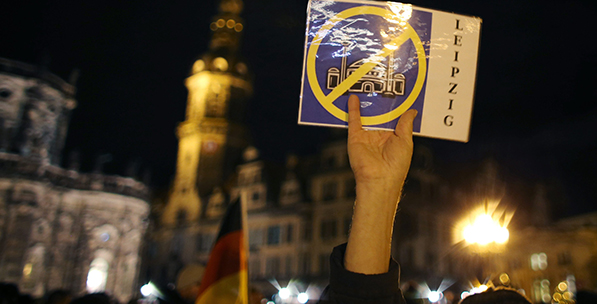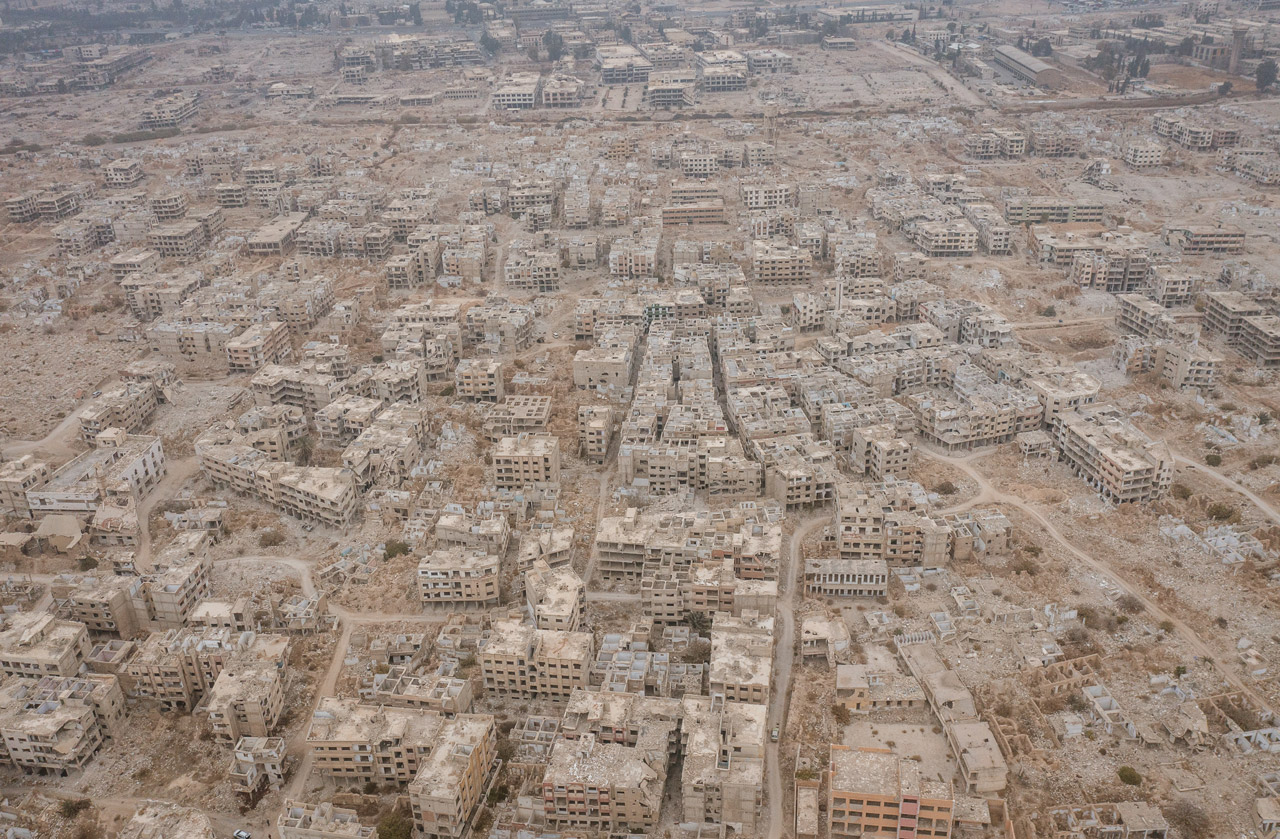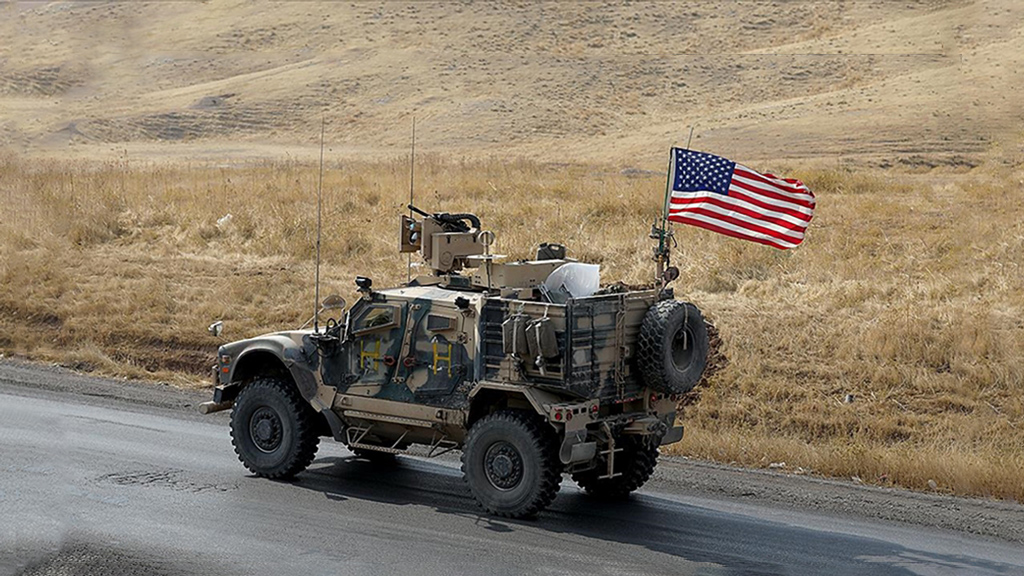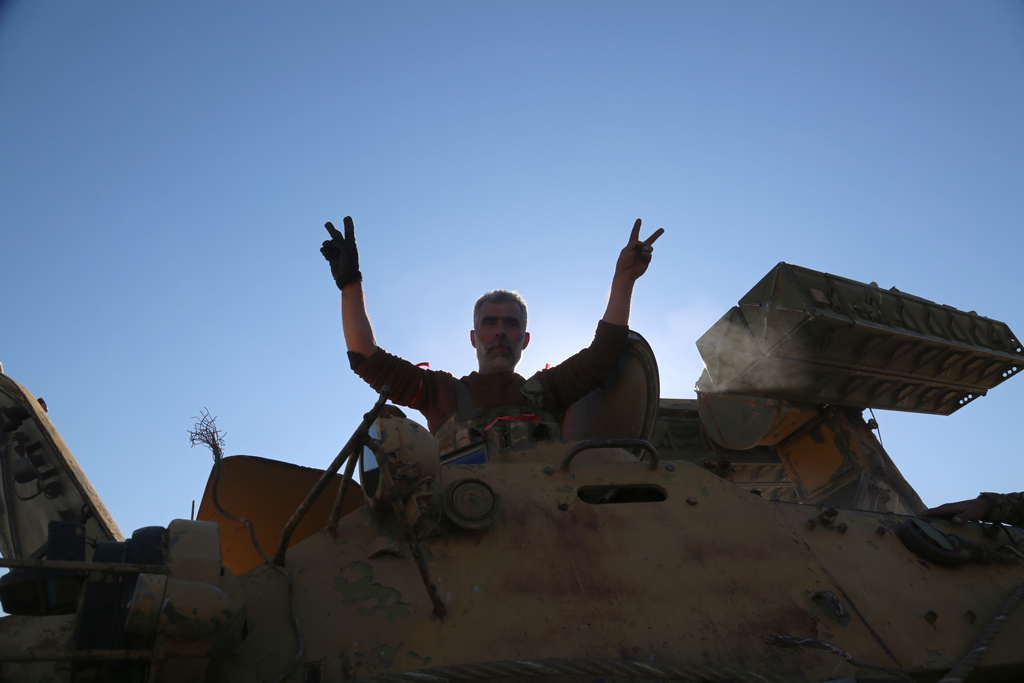This week, people around the world were shocked by the vicious attack in Paris on the office of controversial French satirical magazine Charlie Hebdo that killed 12 individuals. The outcast magazine has been under a constant spotlight in recent years, largely because of its publishing of cartoons that denigrated various belief systems, but in particular Islam, by insulting the Prophet Muhammad, his companions and Islamic principles, which attracted fierce criticism from across the Muslim world. Although the headquarters were under police protection, hardly anyone expected an attack of such a high magnitude with assault rifles in downtown Paris, allegedly committed by two Muslim men from the French-Maghreb community supposedly affiliated with al-Qaida.
The initial human response of sensible individuals from all religious and cultural affiliations to this despicable act was to strongly condemn all sorts of physical violence, whatever its cause, and offer condolences to the families of the deceased. Moreover, key institutions from the Muslim world including the Organization of Islamic Cooperation, the Arab League, Al-Azhar University, the governments of many Muslim countries and numerous civil society institutions strongly condemned the attack. Yet the incident also attracted attention to the complicated root causes of polarization stirred by far-right, Islamophobic movements as well as extremist movements spreading among Muslim youth in Europe.
There has been a systematic increase in Islamophobia among far-right political parties, media outlets and civil society institutions, denigrating the sacred symbols of Islam and Islamic identity under the protective shield of "freedom of expression" since the early 2000s. Previously, the 9/11 terrorist attacks triggered a similar development in the U.S., whereby perceptive cliches equating Islam and terrorism were effectively put forth by Hollywood and the mass media outlets that marginalized the youth in urban suburbs. Yet the developments in Europe were more alarming, as the apathy of mainstream political movements against the rise of neo-Fascist movements and intensification of insults against Muslims changed the fundamental dynamics of political competition during and after the global economic crisis. As the European economy shrank, and employment opportunities became less readily available, Muslim minorities living across Europe began to be marginalized further, and were unjustly implicated in the acute social and economic problems on the continent.
This worrying development both facilitated the galvanization of ultra-nationalist movements such as the Patriotic Europeans Against the Islamization of the West (PEGIDA) in Germany, and Marine Le Pen's National Front in France and triggered the participation of alienated Muslim youth in extremist movements affiliated with the Islamic State of Iraq and al-Sham (ISIS) or al-Qaida. When ISIS managed to wrest control of vast swathes of land through violent attacks in Iraq and Syria, the bulk of its human capital was provided by alienated European Muslim youth who were looking to channel their anger into physical violence. This was a truly dangerous development for the wider Muslim world, and the global image of Islam was dented via frequent public accusations equating Islam with brutal terrorism.
On the European side, national political authorities and regional mechanisms have so far preferred to turn a blind eye to the worrying signs of rising ultra-nationalism versus the spread of extremism among Muslim youth. The Paris attack seems like a strategic strike aimed to sharpen the existing polarization both in France and Europe in general. The mainstream political movements and civil society institutions in Europe should work in response for the generation of a more tolerant political ecosystem, in which the values and symbols of all cultures and religions are publicly respected. European Muslims, on the other hand, should redouble their efforts to educate their youth and disseminate the true message of Isl






